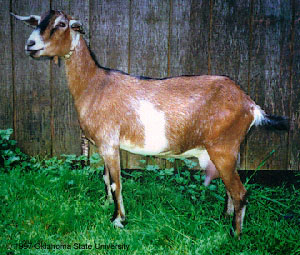goat breeds
1/17
Earn XP
Description and Tags
food animal clinical mangement
Name | Mastery | Learn | Test | Matching | Spaced |
|---|
No study sessions yet.
18 Terms
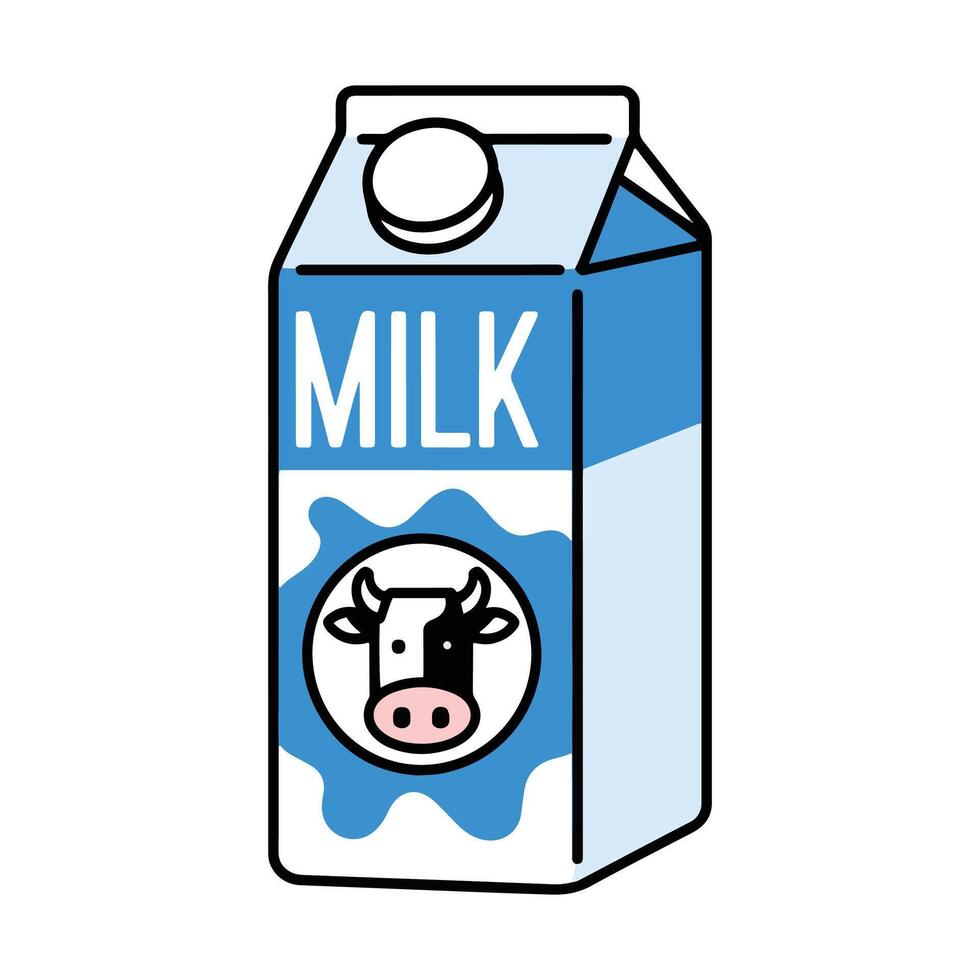
alpine
originated from french alps, surviving in both warm and cold climate. very nutritious and high volume milk production for making cheese. can carry 25% of their weight in supplies, food , and gear.
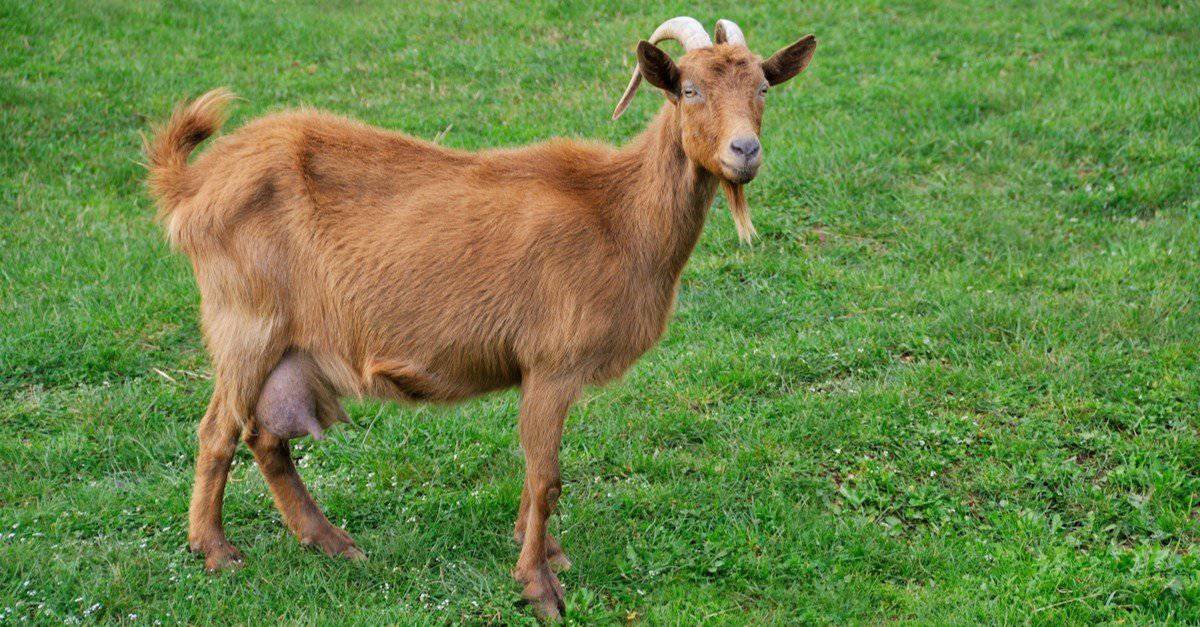
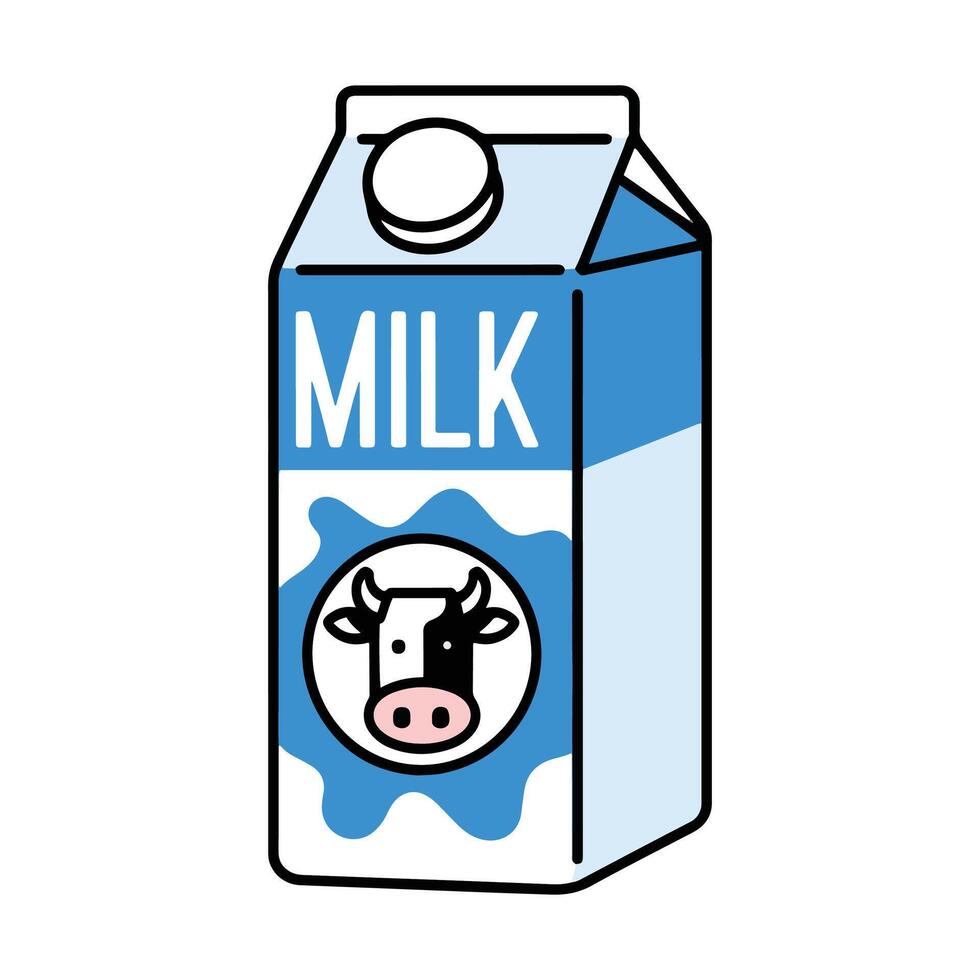
lamancha (american Lamancha)
high volume production and high butterfat content in milk. linked to spanish goats brought to california by early settlers. 2 different types of ears (elf ear, or gopher ear). hardy with good temper and typically calm, suitable companion animal.
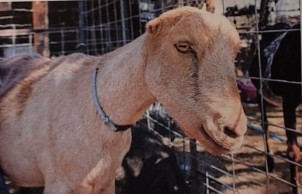
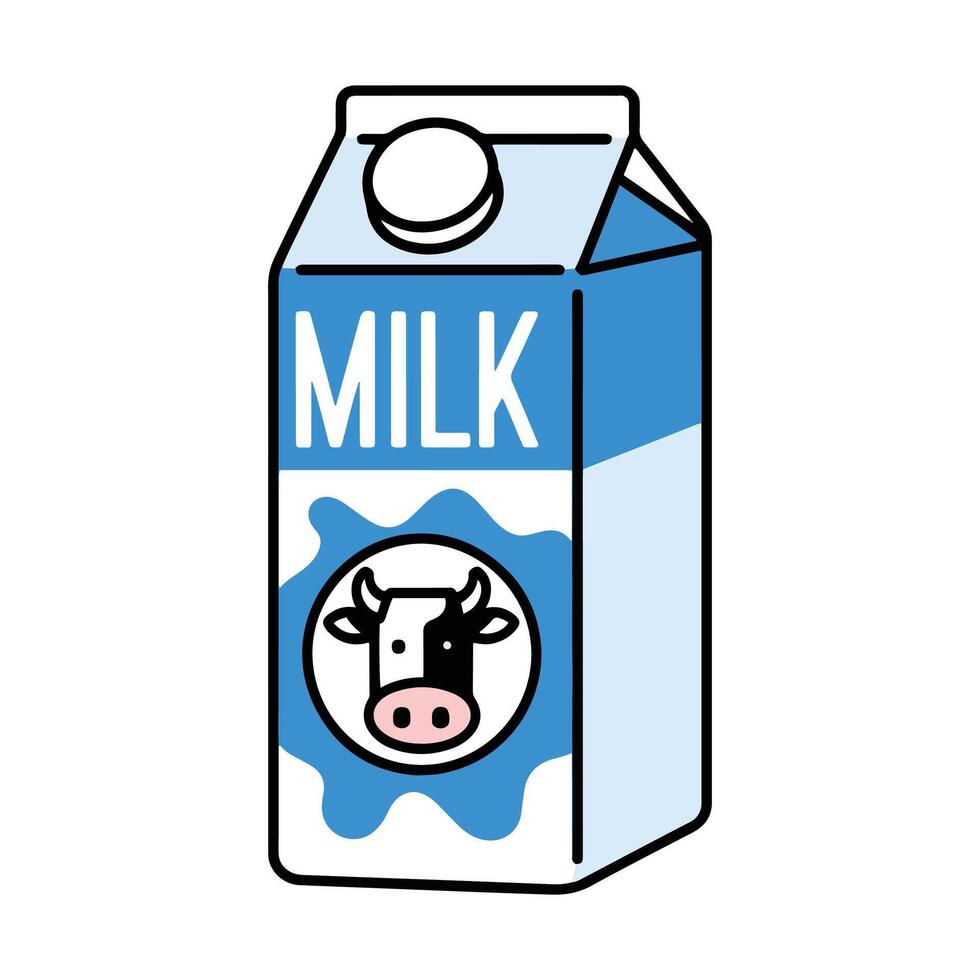
nigerian dwarf
originated in west africa and brought to the united states in 1950s. smaller stature and gentle personalities they are used as companion animals in addition to dairy. have been used as service animals. milk is high in butterfat and aslo higher in protein. confused with pygmy goat (meat breed))
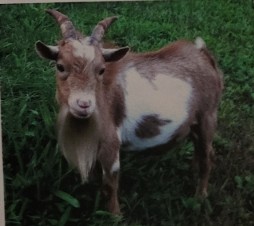
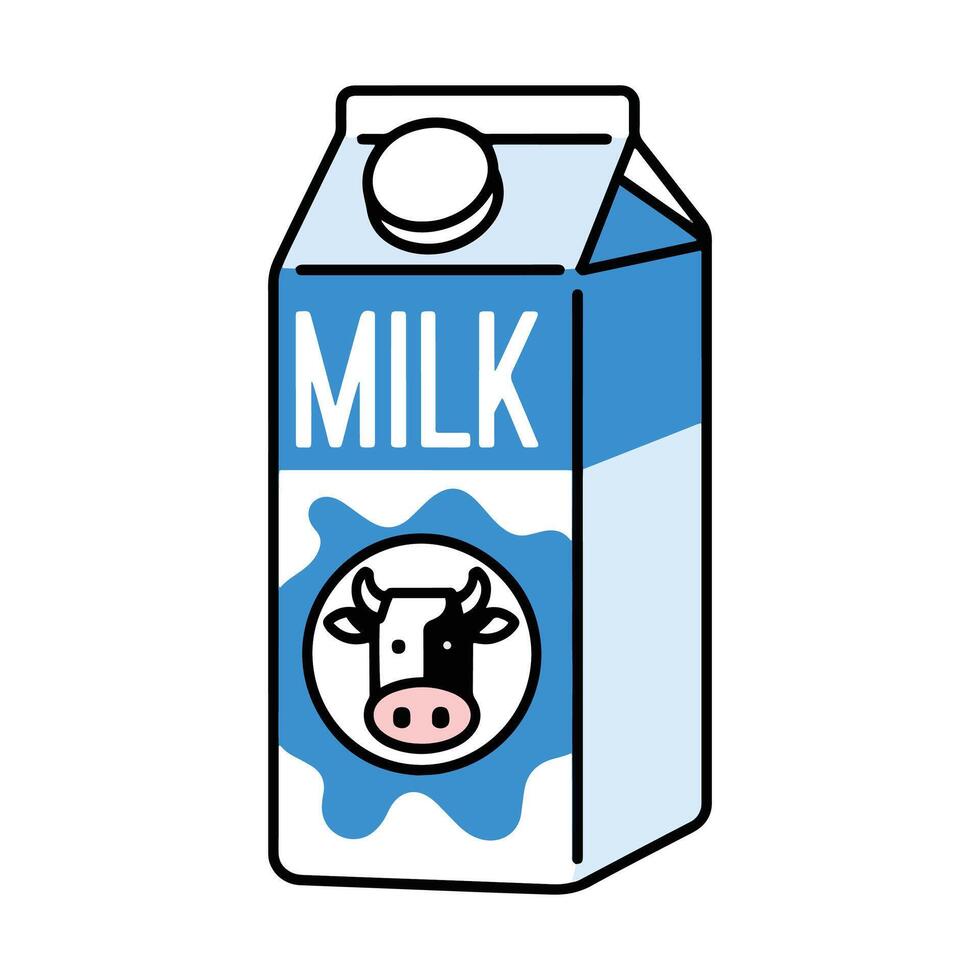
nubian (anglo nubian
one of the oldest goat species. traced to india and middle east. refined through breeding in great britain in 1900. long pendulous ears and strong roman nose. better in warmer climates due to tropical heritage. vocal. produce milk with high butterfat content and sweet flavor, first choice breed for owners seeking to make cheese and icecream
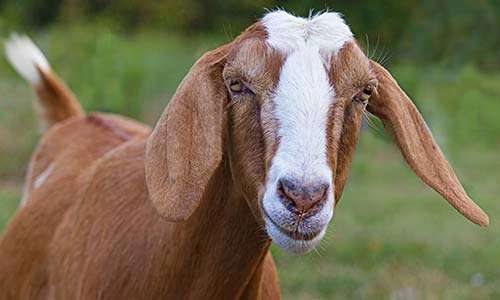
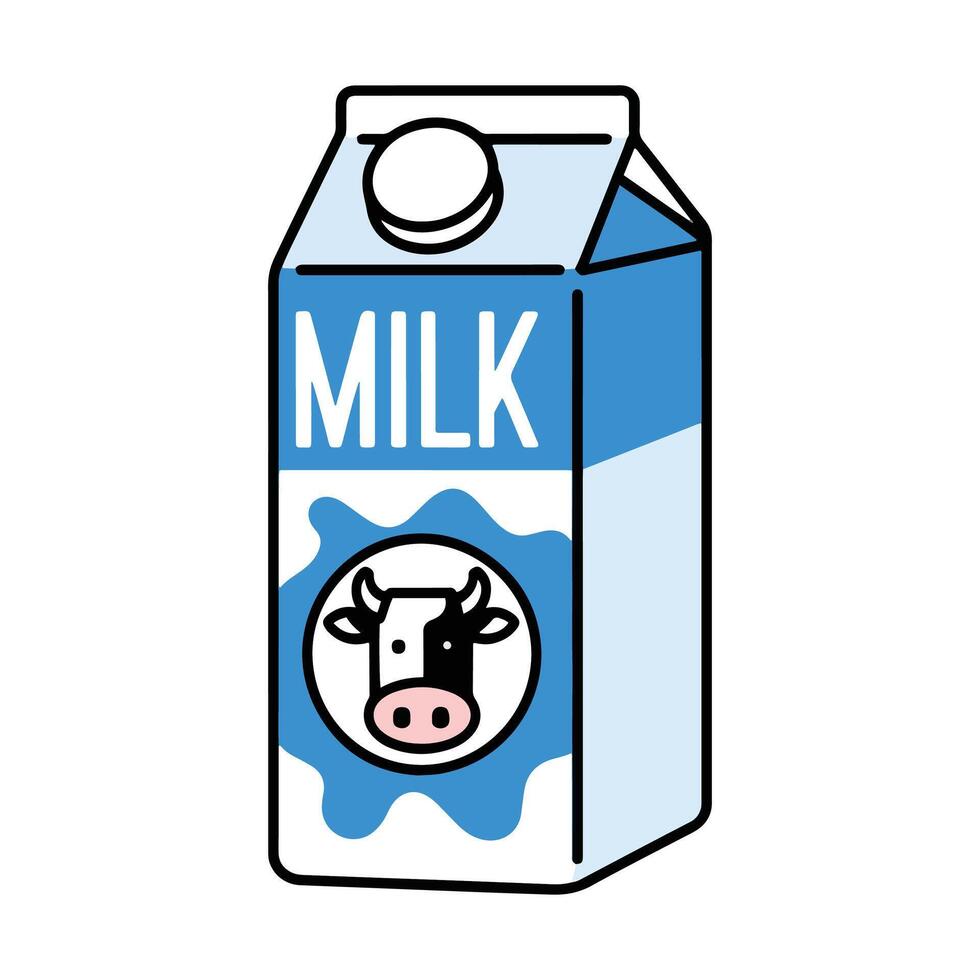
oberhasli
originated in switzerland and imported to us in 1900s. can be black, red or brown . good pack animals . produces high volumes of milk and are suitable for commercial dairy goat farms
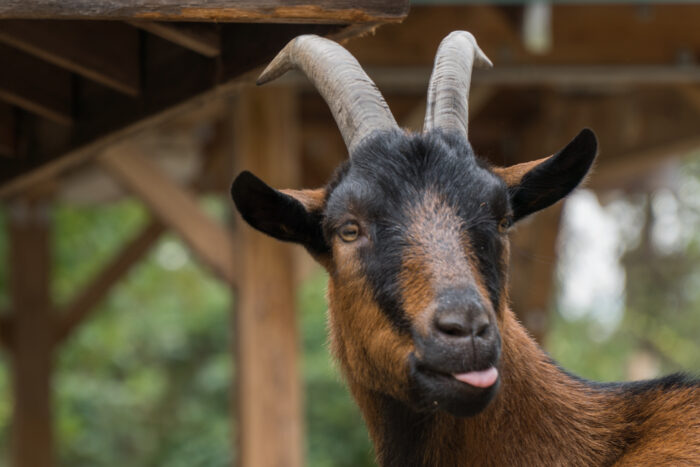
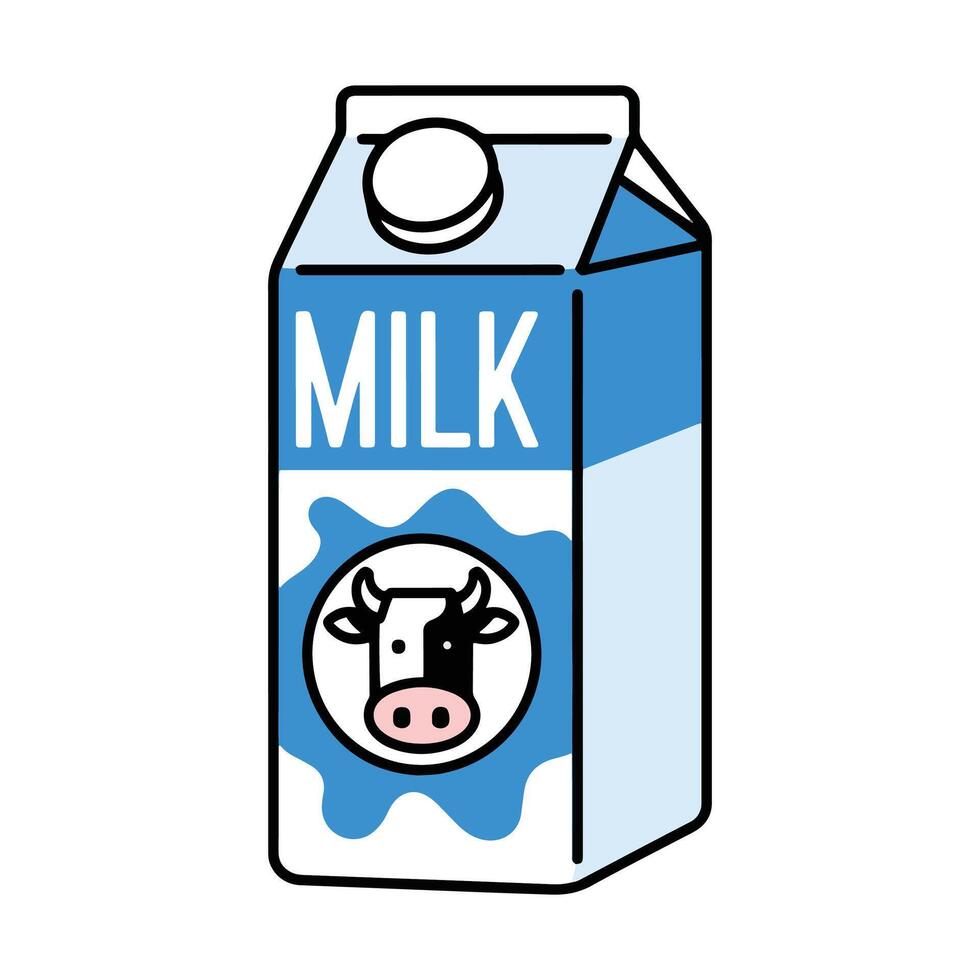
pygmy
originated in west africa and is small. not balanced proportion unlike nigerian dwarf. mostly for exhibition purposes and as companion animals. they can be used for milk. other countries use them for meat.
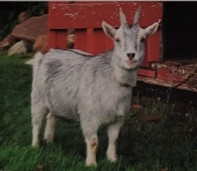
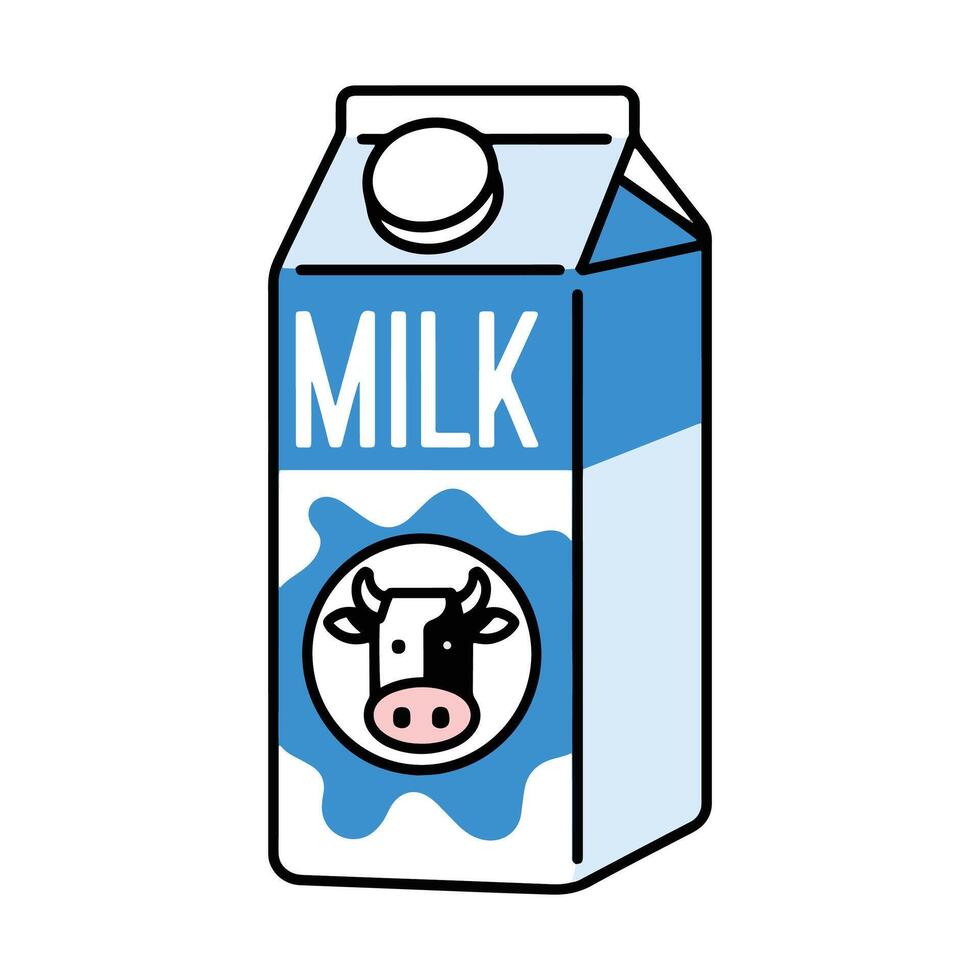
saanen
originated in switzerland and is among the largest of the dairy breeds. considered top milk producers in terms of volume. hardy with a calm nature. suited for cooler and shaded conditions and are sensitive to excessive sunlight.
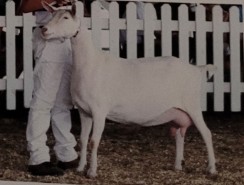
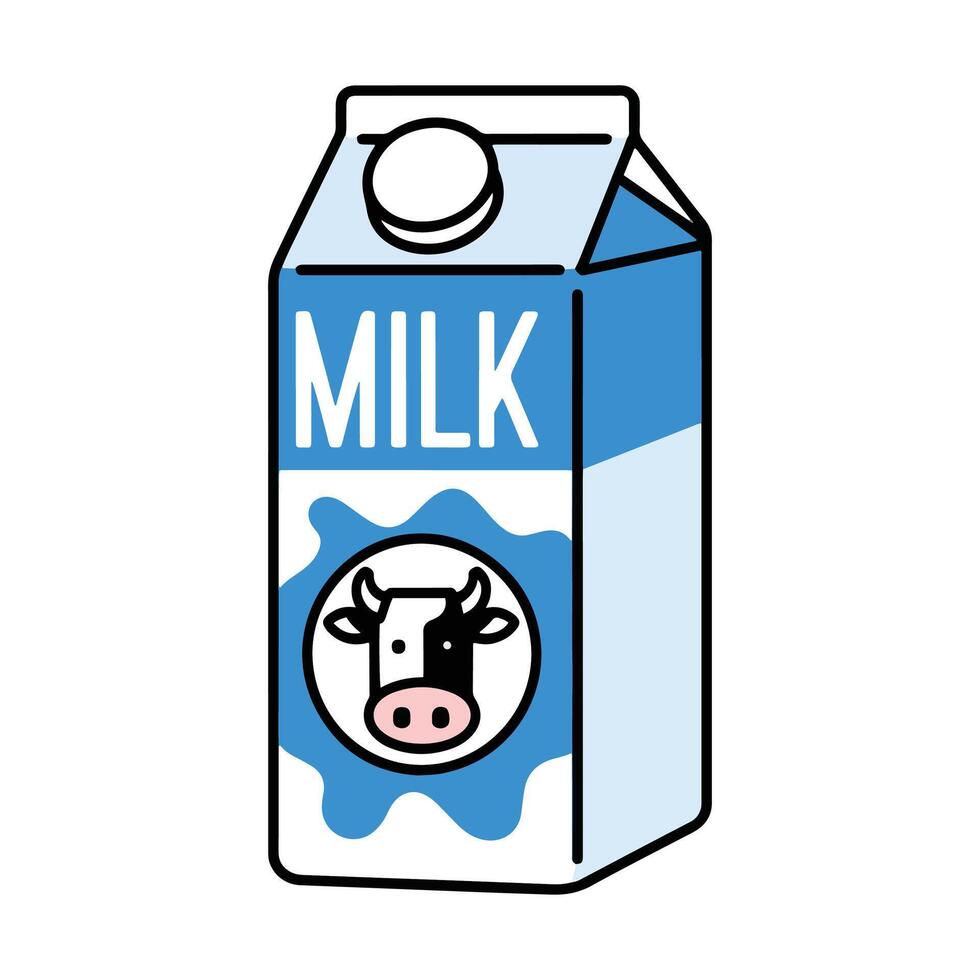
toggenburg
one of the oldest dairy breeds orginating in switzerland. light fawn to chocolet brown coat. white markings on its face. best in cooler climates. good udder development, high milk produciton, and low butterfat.
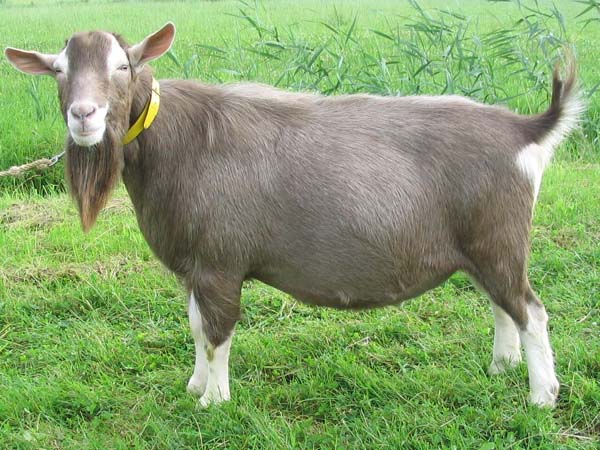
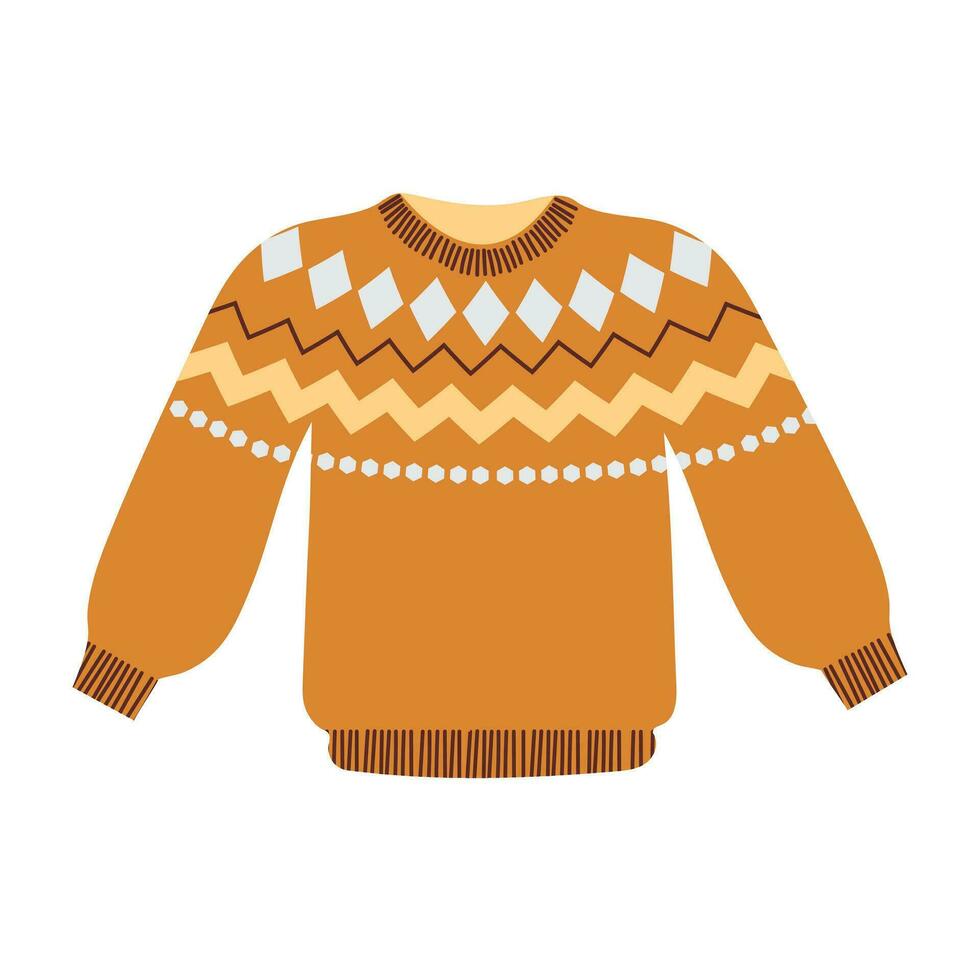
angora
originated in asia minor, with ringlet or flat coats. very hardy and thirve in many different environments. used for its mohair dates between 1571 and 1451 bce. sheared twice a year. only recently been used for meat.
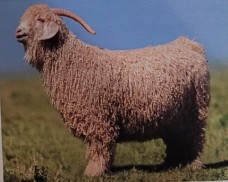
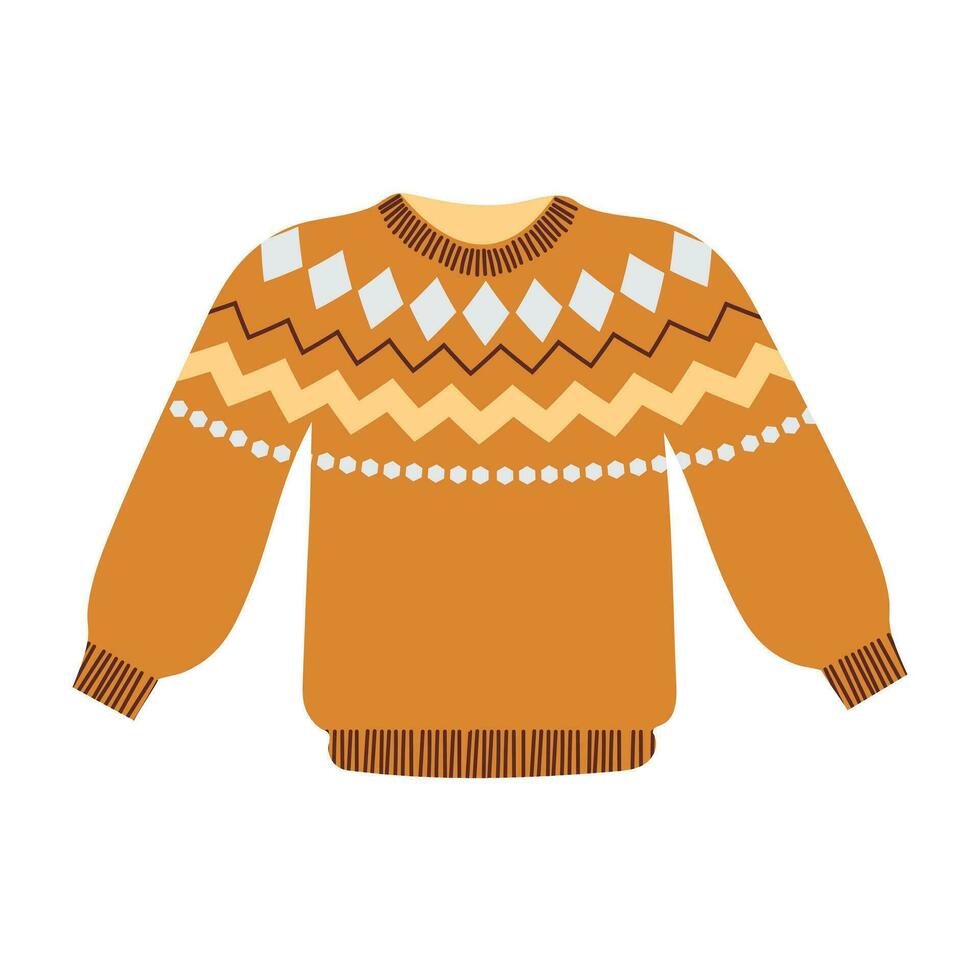
cashmere (kashmir)
horned and well known breed that produces cashmere wool. name is from india. any goat with this fur is known as cashmere goat. not an actual breed only a type of goat. horns are allowed to keep growing as long as they are not dangerous to people.
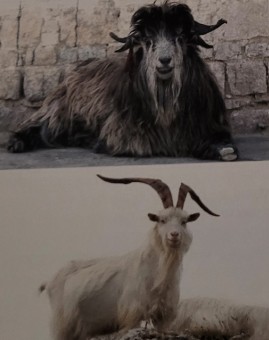
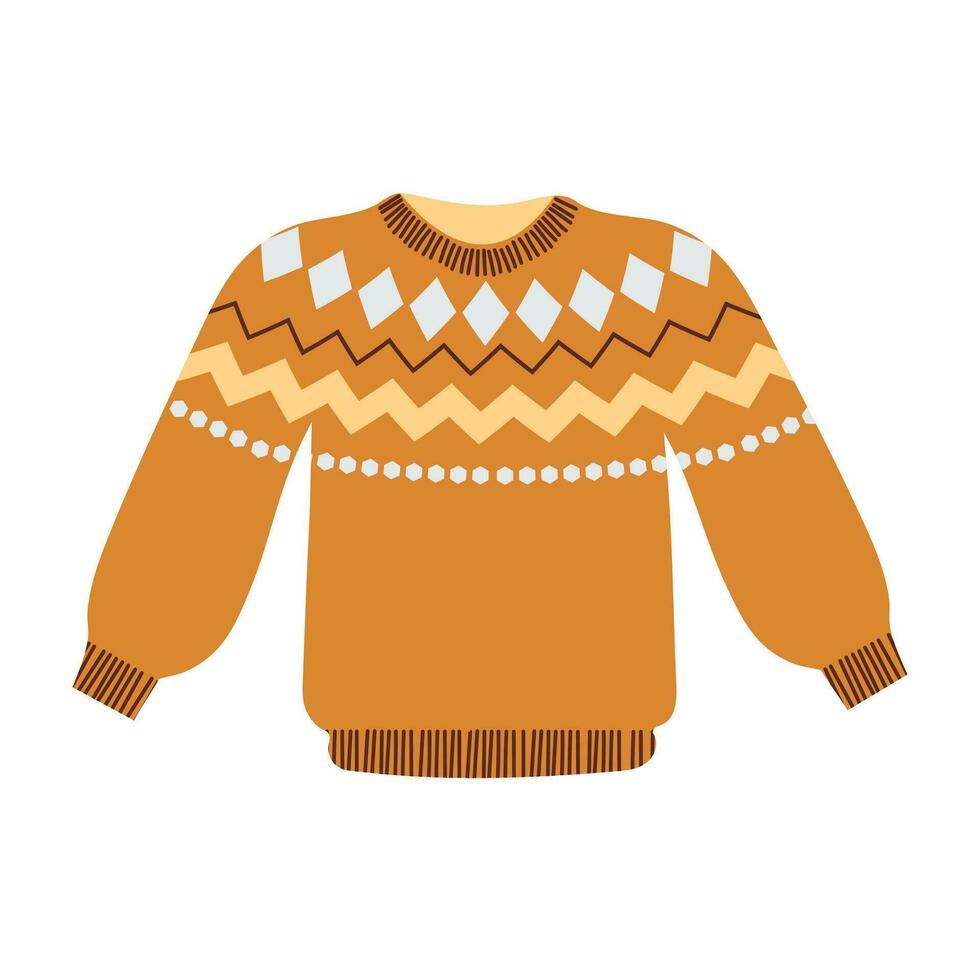
pygora
hornless breed developed in the us from crossbreeding pygmy ana angora goats. produce three kinds of fleece: hand spinning, cashmere fleece, mohair fleece or a combination of two. cashmere hair is harvested by brushing. fleece doesn't coarsen with age. curious and docile nature and are easy to handle. they can also be used for dairy
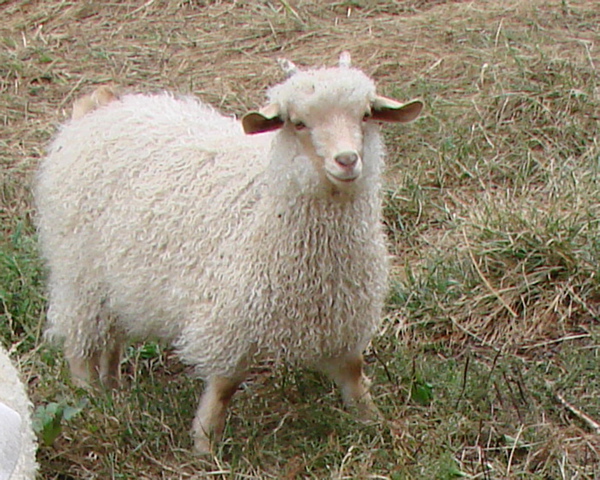
chevon
meat harvested from older kids
cabrito
harvested from kids within the first week of life.
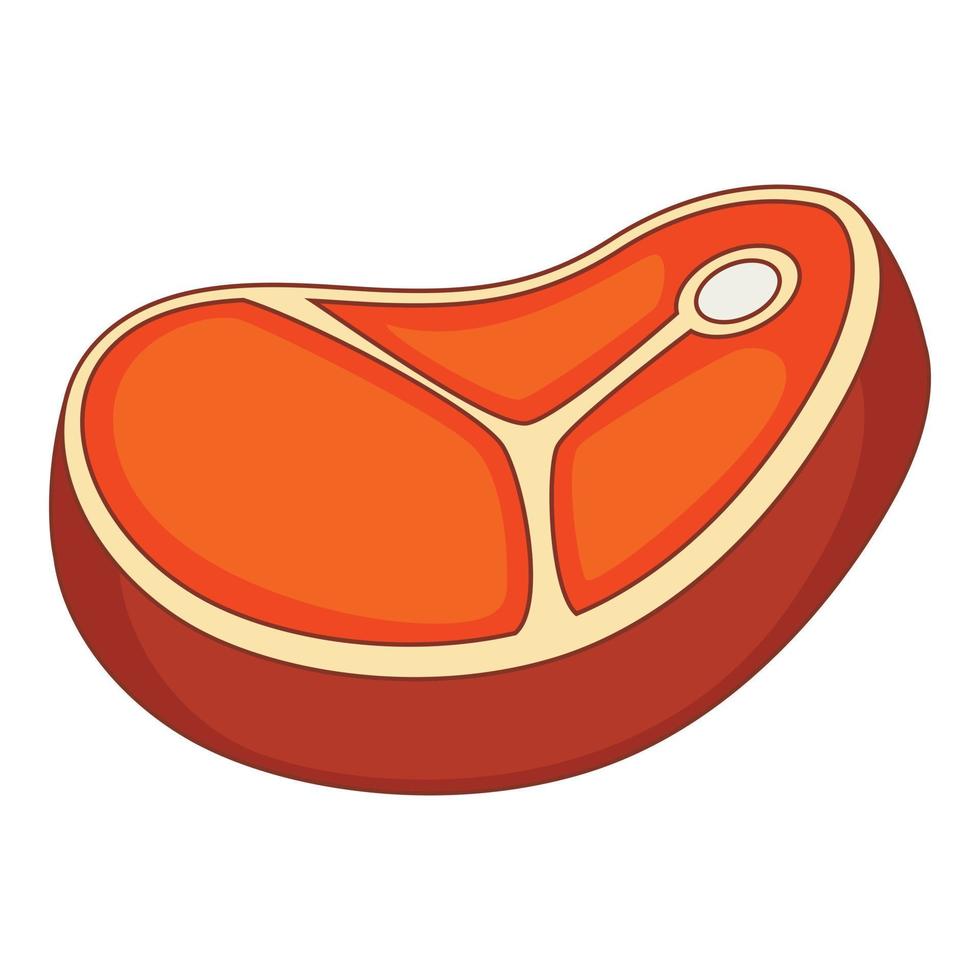
boer
originated in south africa in 1900 and brought to us in 1990s. pendulous ears with dark browth or red coloring . meat goat that is hardy and disease resistant known for quick growth rate. most popular of the meat breeds and well as one of the largest
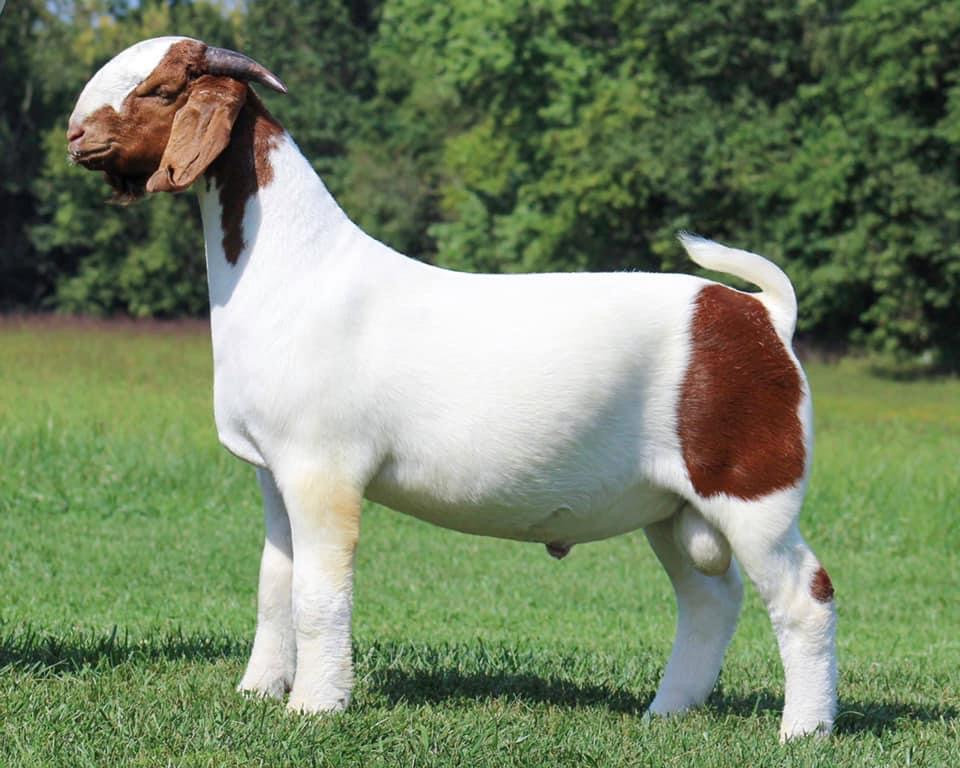
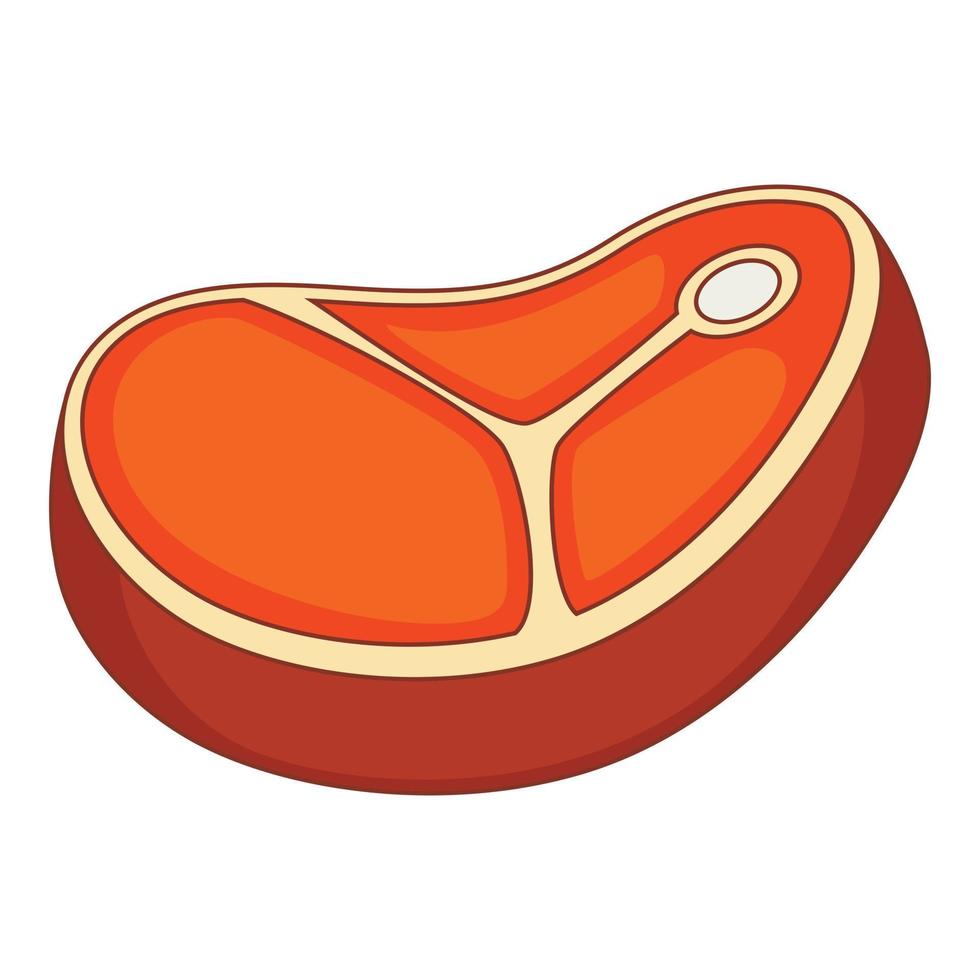
kiko
crossbreeding saanen, toggenburg and nubian bucks with feral does. kikos are a new zealand breed. meat purposes. came to us in 1995 and is gaining popularity. kikoes are easy to keep breed known for hardiness and rapid growth. suited to varieous climates and have increased parasite resistance, and yield a high carcass weight.
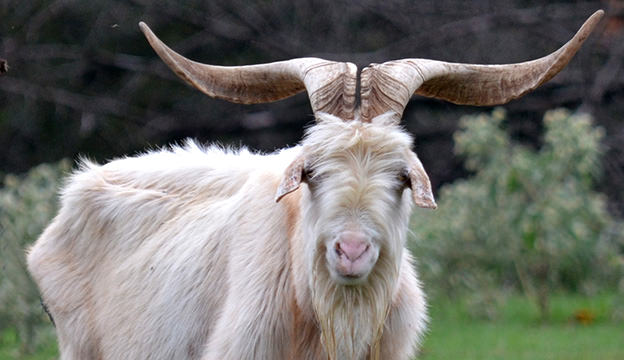
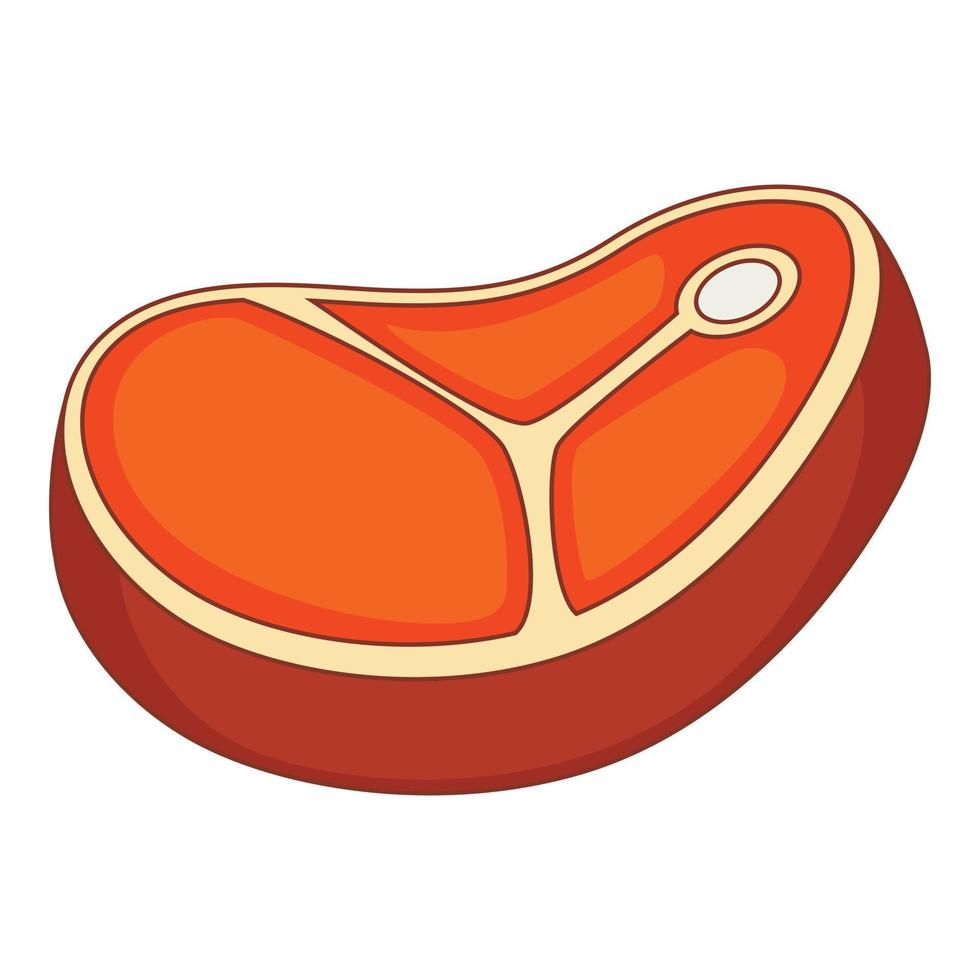
spanish (brush goat or scrub goat)
originated in spain. originally valued for milk and meat. brought to us by spanish explorers in 16th century. released into the wild and became feral when cattle increased in popularity. used to clear brush and other plants from pastures. produce lean and flavorful meat. no defining characteristics in coat, color, or conformation. smaller in weight from other meat breeds from being wild
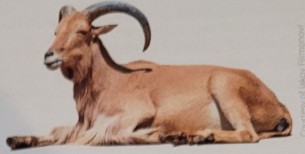
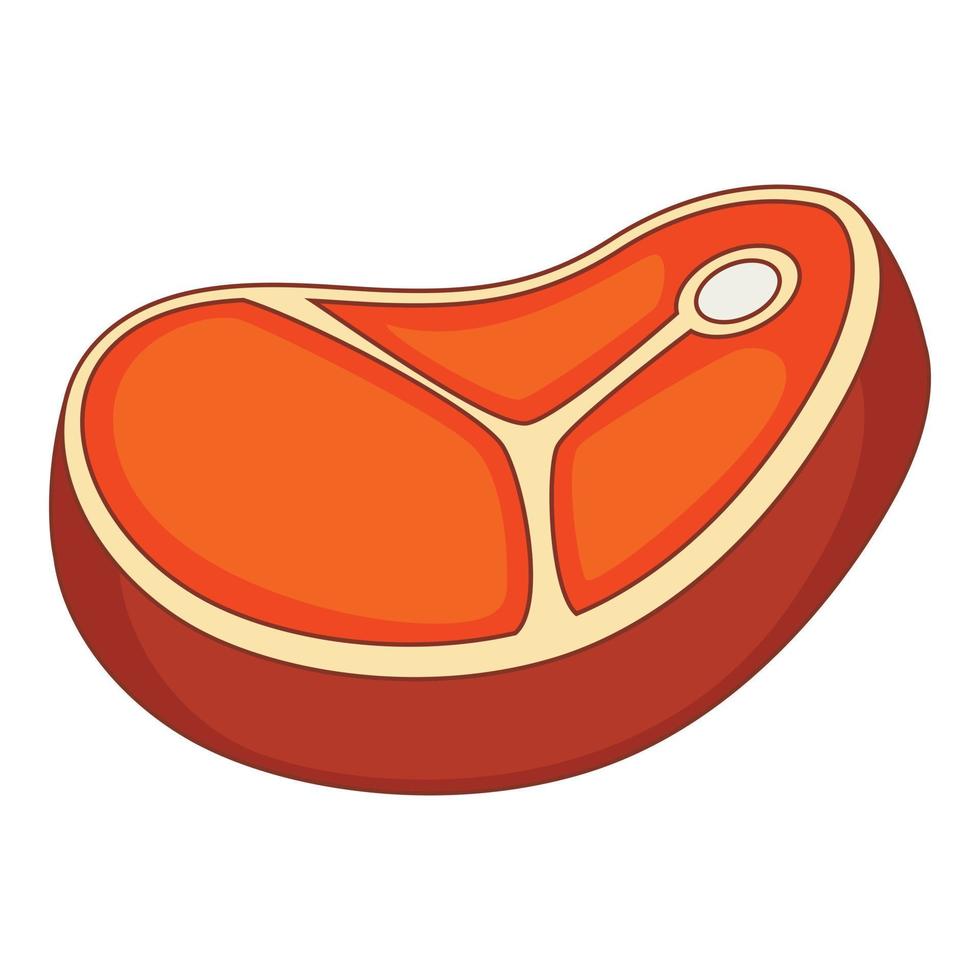
tennessee fainting goat (myotionic or wooden leg goat)
developed as meat breed. they faint so are considered a niche pet. goat doesn’t faint but have myotonia congenita from tetanic muscle contractions. when severe enough it will cause the animal to collapse to the ground with rigid legs. when scared or surprised the lack of chemical sin the animals muscles during a fight or flight reaction causes the stiff leg contractions. true origin in not completely known believed to be traced back to 1800s when brought to tenessee as a novelty. some where brought to texas in 1950s to be used as meat goat. smaller than other meat breeds. typically produce twins or triplets
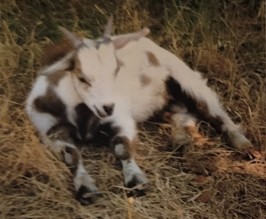
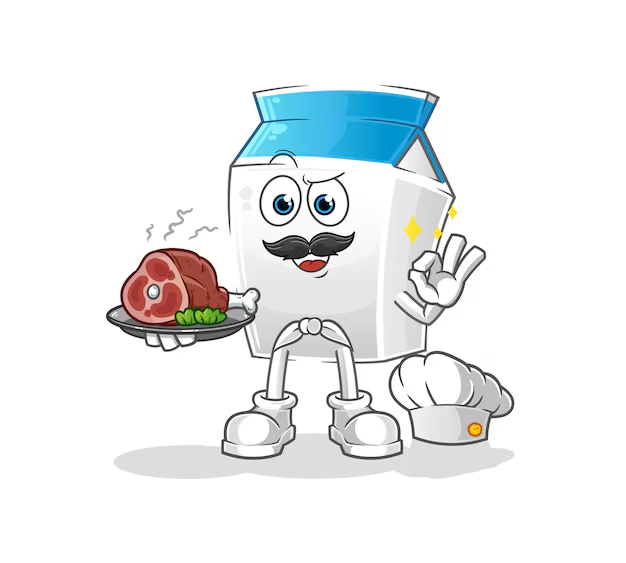
kinder
cross between pygmy and nubian goats in us 1985. black stripe down the back. easy to handle and known for a high volume production of millk. milk is high in buterfat, and has a sweet taste that is ideal for making cheese and soap. quality meat that is milder in flavor compared to other goats.
